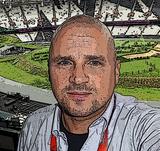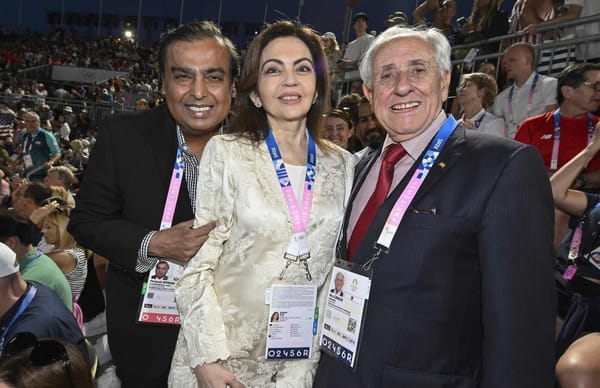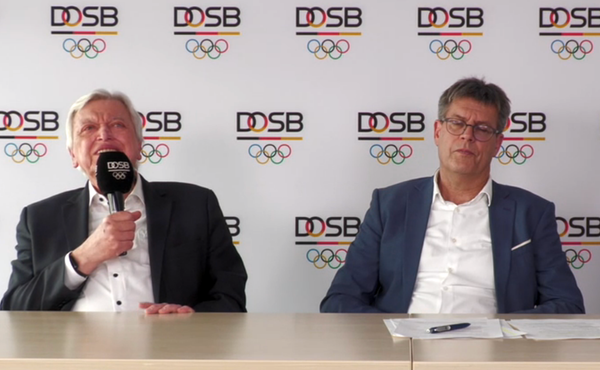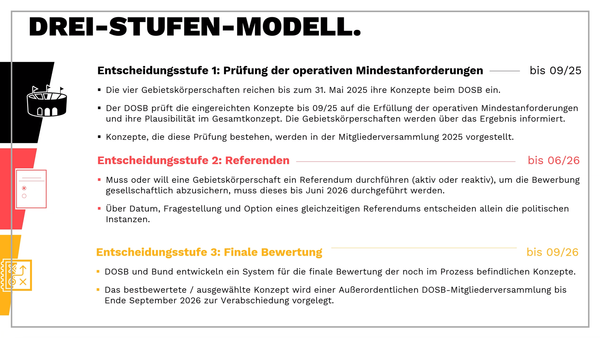Compromat. KGB. FSB. GRU. An intelligence overview of Putin’s relationship with the IOC
For decades there has been speculation about information and possibly incriminating material on IOC members and other big names that might be stored in Moscow's secret service archives. If anyone had access to compromat, it was Vladimir Putin. The spying activities span half a century.
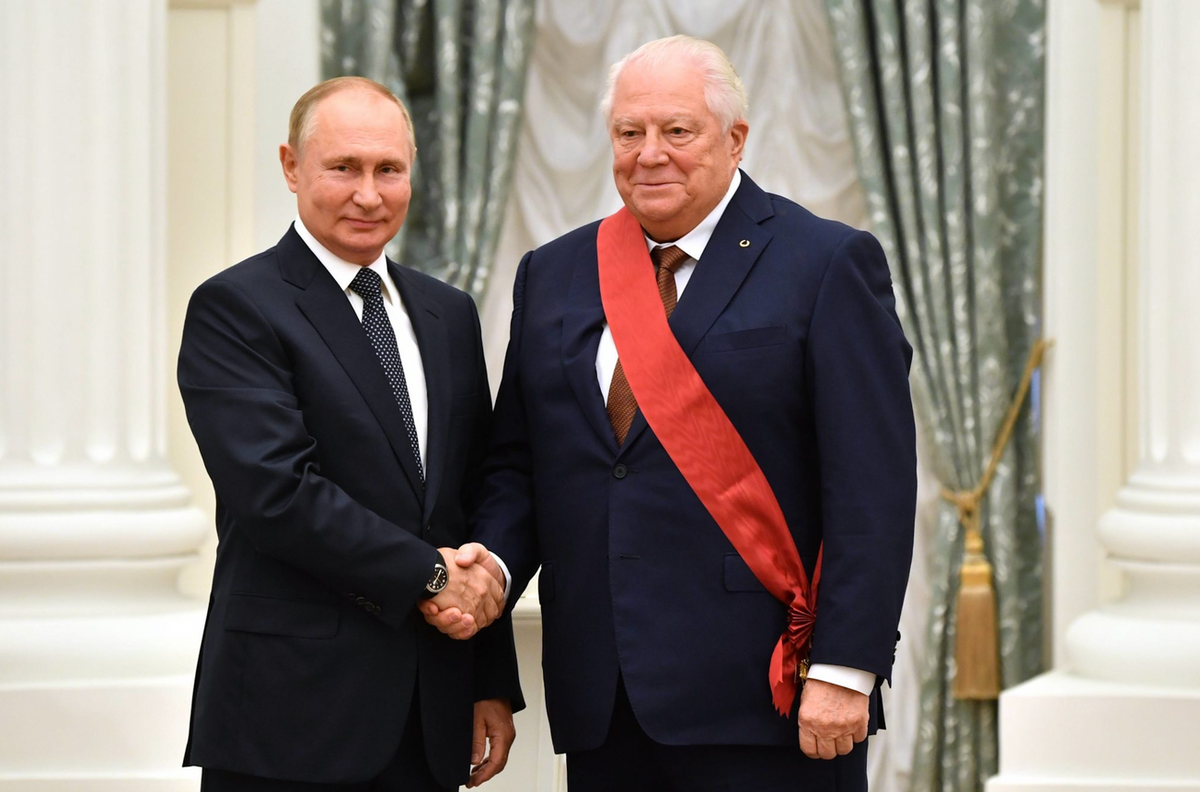
Once again, a dubious institution, the Court of Arbitration for Sport (CAS), has ruled in favour of the Russian doping system. Why is that? Why are the rules repeatedly bent in favour of the Russians? Why is Russian influence still so great after all the doping and corruption scandals?
The most important answer is, of course: Vladimir Putin and the oligarchs and Russian corporations in his thrall. You will find dozens, maybe even hundreds of articles on this in this theatre here. Two multi-billionaires, Alisher Usmanov and Vladimir Lissin, run the world Olympic federations in fencing (FIE) and shooting (ISSF). The millionaire Umar Kremlev is president of the World Boxing Federation (now IBA) and a member of the Putin-affiliated, nationalist motorbike rocker club Night Wolves. Russian corporations like Gazprom are also active and influential as the main sponsors of some international sports federations.
(You may know that it is risky just to mention the man of honour Alisher Usmanov. His lawyers are quite aggressive about it. Anyway, many other non-Russian current/former IOC members and IF presidents, always very close to Putin: René Fasel, Jean-Claude Killy, Sheikh Ahmad Al-Fahad Al-Sabah, Julio Maglione, Gianni Infantino, Lamine Diack and many more, most of them very dubious figures.)
Not to forget Roman Abramovich, who played a co-decisive role in the successful bid for the 2018 World Cup on Putin’s instructions. Of course, as in other nations (Qatar in particular, but also England, the USA and the Netherlands), this bid involved numerous intelligence agencies and some of the best-known spy firms on the planet (Kroll, for example).
So, another answer to the questions about Russia’s special Olympic role is: Compromat.
Compromised, possibly incriminating material. The classic, not only in Russia.
Putin and the IOC – a short intelligence review:
As deputy mayor in Saint Petersburg, Vladimir Putin had his first dealings with the leaders of world Olympic sport. His home city hosted the Goodwill Games in 1994, a kind of mini-Olympics, and Putin was in charge. The Goodwill Games were an enterprise of the American media tycoon Ted Turner and were initially held in Moscow after the 1986 Olympic boycotts – as a sign of rapprochement between the superpowers.
Putin, the former lieutenant colonel of the KGB and later director of the domestic intelligence service FSB, met the then IOC President Juan Antonio Samaranch for the first time at the Goodwill Games in St Petersburg. Samaranch had been Spain’s ambassador to Moscow from 1977 and had been blackmailed by the KGB for smuggling antiquities and had been run as an agent – as former KGB employees Yuri Felshtinsky and Vladimir Popov claimed in several books. Much of it is substantiated with witness statements and documents. Samaranch had become IOC president with the help of the KGB and with the help of some influential dubious individuals (Horst Dassler, André Guelfi).
Felshinsky and Popov also outed two long-time Russian IOC members, Vitaly Smirnov and Shamil Tarpishchev, thief of many billions of dollars from the former Russian sports fund, as well as former Russian NOC president Leonid Tyagachev and former FIFA executive member Vyacheslav Koloskov as KGB spies.
For many years there has been speculation about what information and possibly incriminating material on IOC members and other big names in world sport might be stored in the Moscow secret service archives.
The fact is that if anyone had access to all the material, it was Vladimir Putin.
The spying activities span half a century.
When six officers of the Russian military intelligence agency GRU were indicted in the USA in 2020, the spying on Olympic institutions was one of the issues: the hacking attacks on anti-doping institutions such as WADA anyway, but also CAS, the IOC, FIFA and IAAF as well as three dozen other organisations – in addition, there were cyber attacks on the 2016 Olympic Games in Rio de Janeiro, 2018 in PyeongChang and the servers of the Olympic organisers in Tokyo.
That’s how professional it is today: cyber war. But the spying on the Olympic movement began in the run-up to the 1980 Summer Games in Moscow.

